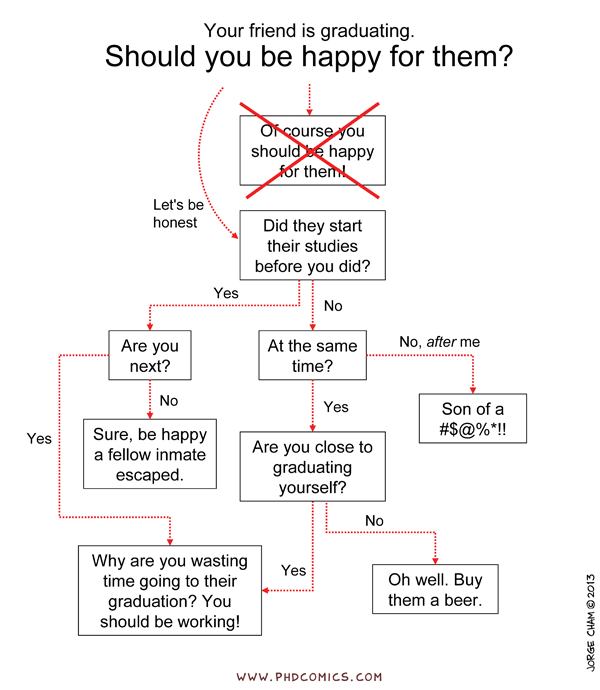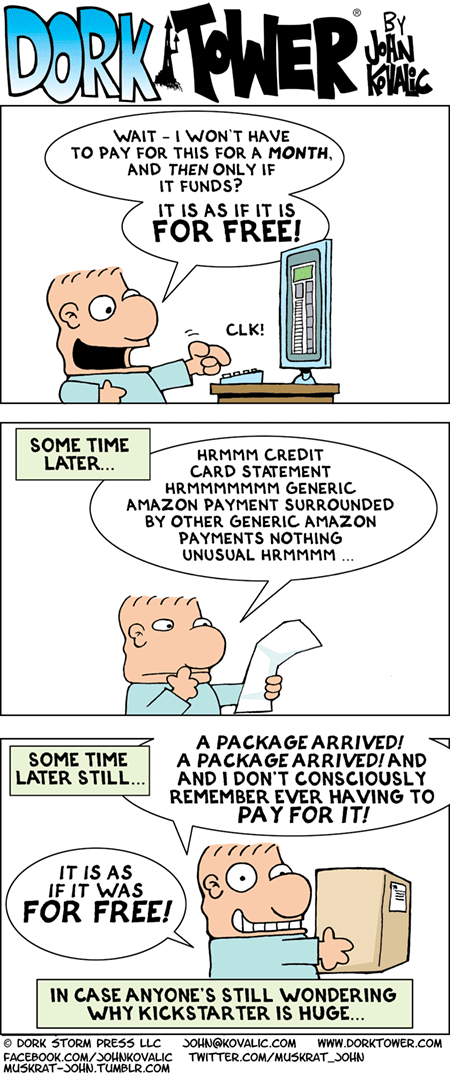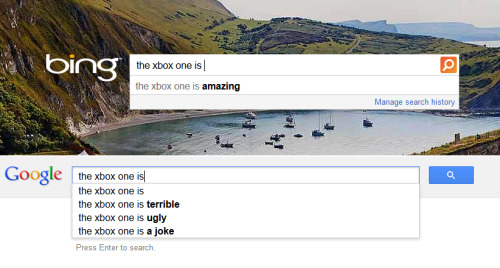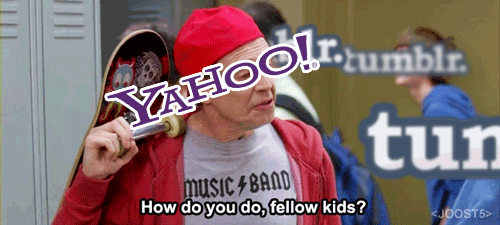
Shared posts
Long Now Salon: Challenge Coin
The tradition (and mythos) of Challenge Coins goes back farther than reliable records can determine. Wikipedia tells an evocative (but unsubstantiated) story from World War I about an American who escaped German captivity only to nearly be executed by French soldiers, his allies, because he had no papers to identify him as a US solider. Finally he showed them a bronze medallion that only members of his squadron carried. It proved his identity and saved his life. So the Challenge Coin was born.
In the spirit of this tale, modern military members challenge each other to produce their unit’s coin. Commonly, the challenge is initiated by slamming a coin onto the bar. Those who take too long to produce their own coin or haven’t got one are on the hook for a round of drinks.
We have designed a custom Long Now Challenge Coin to mark the founding of our latest endeavor the Long Now Salon and celebrate the camaraderie of all the long-term thinkers who will gather there.
On one side the coin challenges you to “Seize the Millennium” and the other features a bristlecone pine. Bristlecones are the Earth’s oldest living organisms with a lifespan up to 5000 years. They are a symbol of Long Now’s mission to foster long-term thinking and responsibility.
A first edition Long Now Challenge Coin is available to everyone who donates $100 or more to the Long Now Salon project.
Our coins are made of hefty stainless steel and can be exchanged, once the Salon is open for business, for a special Long Now beverage of your choice. We don’t, however, recommend getting caught without one…
The Myth of the Komodo Dragon’s Dirty Mouth
Ed Yong in Not Exactly Rocket Science:
In 1969, an American biologist named Walter Auffenberg moved to the Indonesia island of Komodo to study its most famous resident—the Komodo dragon. This huge lizard—the largest in the world—grows to lengths of 3 metres, and can take down large prey like deer and water buffalo. Auffenberg watched the dragons for a year and eventually published a book on their behaviour in 1981. It won him an award. It also enshrined a myth that took almost three decades to refute, and is still prevalent today.
Auffenberg noticed that when large animals like water buffalo were injured by the dragons, they would soon develop fatal infections. Based on this observation, and no actual evidence, he suggested that the dragons use bacteria as a form of venom. When they bite prey, they flood the wounds with the microbes in their mouths, which debilitate and kill the victim.
This explanation is found in textbooks, wildlife documentaries, zoo placards, and more. It’s also wrong. “It’s an enchanting fairy tale, which has been taken as gospel,” says Bryan Fry from the University of Queensland.
In 2009, Fry discovered the true culprit behind the dragon’s lethal bite, by putting one of them in a medical scanner. The dragon has venom glands, which are loaded with toxins that lower blood pressure, cause massive bleeding, prevent clotting and induce shock. Rather than using bacteria as venom, the dragons use, well, venom as venom.
More here.
Brian Eno on Light and Time
“I don’t go for scale, I go for length. I just want things that can go on forever.”
In collaboration with the Red Bull Music Academy, m ss ing p eces recently produced a short film about Long Now Board Member Brian Eno’s visual art. Accompanying an exhibit of 77 Million Paintings and a lecture by Eno in New York, the film explores Eno’s experiments with light-focused images as a way of addressing our being in time. In a blend of pictures and words, Eno muses about his interest in conceiving visual processes, rather than products: his aim is to generate organic, ever-growing and ever-changing creations that ask us to surrender to their pace.
“If we look at what gardeners do, they think, well, I’ll put nasturtiums here, and I’ll have narcissus here, and I’ll have peonies over here. But they know that that’s just the start of a garden. A garden grows, and it grows unpredictably. You can specify the starting point, and you can hope that it’s going to turn out in some way that you like. But essentially, you surrender to the project. You surrender to the thing growing in its own way. And there’s a gracefulness in being able to surrender.”
The Strange Case of Barrett Brown
Amid the outrage over the NSA's spying program, the jailing of journalist Barrett Brown points to a deeper and very troubling problem.
Peter Ludlow in The Nation:
In early 2010, journalist and satirist Barrett Brown was working on a book on political pundits, when the hacktivist collective Anonymous caught his attention. He soon began writing about its activities and potential. In a defense of the group’s anti-censorship operations in Australia published on February 10, Brown declared, “I am now certain that this phenomenon is among the most important and under-reported social developments to have occurred in decades, and that the development in question promises to threaten the institution of the nation-state and perhaps even someday replace it as the world’s most fundamental and relevant method of human organization.”
By then, Brown was already considered by his fans to be the Hunter S. Thompson of his generation. In point of fact he wasn’t like Hunter S. Thompson, but was more of a throwback—a sharp-witted, irreverent journalist and satirist in the mold of Ambrose Bierce or Dorothy Parker. His acid tongue was on display in his co-authored 2007 book, Flock of Dodos: Behind Modern Creationism, Intelligent Design and the Easter Bunny, in which he declared: “This will not be a polite book. Politeness is wasted on the dishonest, who will always take advantage of any well-intended concession.”
But it wasn’t Brown’s acid tongue so much as his love of minutiae (and ability to organize and explain minutiae) that would ultimately land him in trouble. Abandoning his book on pundits in favor of a book on Anonymous, he could not have known that delving into the territory of hackers and leaks would ultimately lead to his facing the prospect of spending the rest of his life in prison. In light of the bombshell revelations published by Glenn Greenwald and Barton Gellman about government and corporate spying, Brown’s case is a good—and underreported—reminder of the considerable risk faced by reporters who report on leaks.
More here.
How to Detune Someone with Perfect Pitch
Hedger, S., Heald, S., & Nusbaum, H. (2013) Absolute Pitch May Not Be So Absolute. Psychological Science. DOI: 10.1177/0956797612473310
Absolute Pitch May Not Be So AbsoluteJune 10, 2013: Iain M. Banks
Can space opera be darkly humorous? Definitely; that describes Banks' "Culture" series. And he liked games; one of his novels describes a culture built entirely around a complex game, while another recounts an multi-species ethical issue which, in theory, is to be resolved by a virtual-reality wargame. It is probably not much of a spoiler to say that cheating occurs.
I cannot make the customary lament of "now I will never read another new novel by (author)," because in fact I discovered Banks only a few years ago, and have not yet caught up with everything he did . . . let alone the non-SF works that were published as "Iain Banks" with no M. And, when I finally run out of "new" Banks, I won't really have run out; these are the kind of books that can be read over and over. And, truth be told, most of them can also be used as doorstops. It wasn't that the man could not write short fiction – he did – but he seemed to prefer long, complex stories of huge scope. And oh, my, he was good at it. You just kept turning pages, and turning pages, and it was perfectly all right that there were a lot of pages.
Banks also created a sort of geek haiku with the names he gave to the Culture's ships. No "Enterprise" here. They chose their own names. But what, exactly, is a huge and heavily-armed super-intelligence saying when it chooses a name like Prosthetic Conscience? Or I Thought He Was With You? Or God Told Me To Do It, or Zero Gravitas, or Lightly Seared On The Reality Grill . . . Read the list.
I don't know if I would like to live in the Culture, but I'm grateful to Banks for letting me visit.
– Steve Jackson
Warehouse 23 News: The Card Game Of Junk E-Mail
Earn a Gazillion Dollars Every Second!
Turn Pocket Lint Into Bitchin' Hot Rods!
Find God In Your Bathroom!
If you're on the Internet (and we're sure you are), you've seen messages like these.
*Disclaimer: SPAMMERS will only make you filthy rich beyond your wildest dreams if you have very low expectations, will only make you invincible to the exceptionally weak, will only ward off eggs if used to construct a protective barrier, and will probably not make women flock to you in this life. Certain SPAMMERS sets may not contain Moxes.
Edward Snowden: the Whistleblower Behind Revelations of NSA Surveillance
LCC"where are the Snowdens of yesteryear?"
Wow, outing himself: Glenn Greenwald, Ewen MacAskill and Laura Poitras interview Snowden in The Guardian:
Snowden will go down in history as one of America's most consequential whistleblowers, alongside Daniel Ellsberg and Bradley Manning. He is responsible for handing over material from one of the world's most secretive organisations – the NSA.
In a note accompanying the first set of documents he provided, he wrote: "I understand that I will be made to suffer for my actions," but "I will be satisfied if the federation of secret law, unequal pardon and irresistible executive powers that rule the world that I love are revealed even for an instant."
Despite his determination to be publicly unveiled, he repeatedly insisted that he wants to avoid the media spotlight. "I don't want public attention because I don't want the story to be about me. I want it to be about what the US government is doing."
He does not fear the consequences of going public, he said, only that doing so will distract attention from the issues raised by his disclosures. "I know the media likes to personalise political debates, and I know the government will demonise me."
Despite these fears, he remained hopeful his outing will not divert attention from the substance of his disclosures. "I really want the focus to be on these documents and the debate which I hope this will trigger among citizens around the globe about what kind of world we want to live in." He added: "My sole motive is to inform the public as to that which is done in their name and that which is done against them."
He has had "a very comfortable life" that included a salary of roughly $200,000, a girlfriend with whom he shared a home in Hawaii, a stable career, and a family he loves. "I'm willing to sacrifice all of that because I can't in good conscience allow the US government to destroy privacy, internet freedom and basic liberties for people around the world with this massive surveillance machine they're secretly building."
"Fuck every cause that ends in murder and children crying" — Iain Banks, 1954-2013
One of the giants of 20th and 21st century Scottish literature has left the building.
I can't really claim to be a friend; my relationship with Iain was somewhere between one of the faceless hordes seen at SF conventions, and "guy I run into at the pub occasionally". However, I've known Iain and chatted with him at times since, I think, 1989 or 1990 or thereabouts. And, after getting over my initial awe of the giant of letters, subsequently discovered that he was a giant in other ways: big-hearted, kind, affable, humorous, angry at injustice.
There is probably no point in my writing an obituary. The newspapers are all over the generalities (for example, here), and if I had anything more intimate to add I wouldn't care to do so in public, out of respect for his family and friends.
However, I'd like to pause for a moment and reflect on my personal sense of loss. Iain's more conventional literary works were generally delightful, edgy and fully engaged with the world in which he set them: his palpable outrage at inequity and iniquity shone through the page. But in his science fiction he achieved something more: something, I think, that the genre rarely manages to do. He was intensely political, and he infused his science fiction with a conviction that a future was possible in which people could live better — he brought to the task an an angry, compassionate, humane voice that single-handedly drowned out the privileged nerd chorus of the technocrat/libertarian fringe and in doing so managed to write a far-future space operatic universe that sane human beings would actually want to live in (if only it existed).
Last night I was talking to a friend who, with Ken MacLeod, had been invited to visit Iain last week at home. Iain was apparently gravely ill even then, and had to retire after half an hour. Purely selfishly, I hoped he'd hang on longer — long enough for me to tell him I intend to dedicate my next (first) trilogy to him. (I can't hold a candle to his versatility as a writer, but it seems to me that we badly need an SF literature that offers hope for the future, and he has provided a compass for me to set my sails by.)
I've spent about 3 months away from home (Edinburgh) this year, so the last time I saw him was back in December or January, before his diagnosis. Purely by accident, I ran into him in the St James shopping centre (up the road from where I live). He was his usual affable, cheery self: and that is how I intend to remember him.
As Paul McAuley tweeted, a big bright bold boisterous light has gone out.
Australian Bird Moves Like Jagger and Sounds Like Space Invaders

05/22/13 PHD comic: 'Happy for them?'
| Piled Higher & Deeper by Jorge Cham |
www.phdcomics.com
|
|
 |
||
|
title:
"Happy for them?" - originally published
5/22/2013
For the latest news in PHD Comics, CLICK HERE! |
||
Yesterday’s Tweeting
- So the moral is: When your senator votes against disaster relief for another state, brace yourself. Because yours will soon need it. 19:35:13
Manga Moles and Success Steve Holt: The Best Arrested Development Fan Creations

Space Hustle Into Darkness
Did you see the new Star Trek movie? I did, this weekend. It had its share of flaws but I was too busy enjoying it to really care. A lot of folks seem to have very strong feelings about it. I’m a hardcore Trek fan, have been for thirty years or so. I feel like I should care more. But mostly I just want to watch it again and then see another sequel.
Last chance for Centaurs and Malice shirts! Get ‘em while they exist.
The Waterfall and the World at Night
 The Waterfall and the World at NightAbove this boreal
landscape, the arc of the Milky Way and
shimmering aurorae flow through the night.
Like an echo, below them lies Iceland's spectacular
Godafoss,
the Waterfall of the Gods.
Shining just below the Milky Way, bright Jupiter is
included
in the panoramic nightscape recorded on March 9.
Faint and diffuse, the Andromeda Galaxy (M31) appears immersed
in the auroral glow.
The digital stitch of four frames is a first place winner in the
2013
International Earth and Sky Photo Contest
on Dark Skies Importance organized by
The World at Night.
An evocative record of the beauty of planet Earth's night sky,
all the contest's
winning entries are
featured in this video.
The Waterfall and the World at NightAbove this boreal
landscape, the arc of the Milky Way and
shimmering aurorae flow through the night.
Like an echo, below them lies Iceland's spectacular
Godafoss,
the Waterfall of the Gods.
Shining just below the Milky Way, bright Jupiter is
included
in the panoramic nightscape recorded on March 9.
Faint and diffuse, the Andromeda Galaxy (M31) appears immersed
in the auroral glow.
The digital stitch of four frames is a first place winner in the
2013
International Earth and Sky Photo Contest
on Dark Skies Importance organized by
The World at Night.
An evocative record of the beauty of planet Earth's night sky,
all the contest's
winning entries are
featured in this video.





















